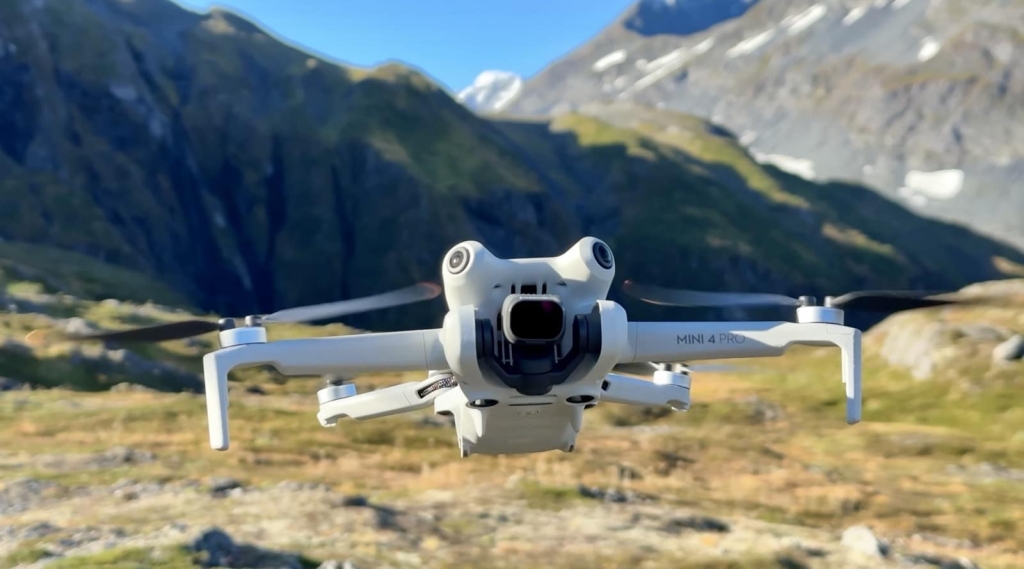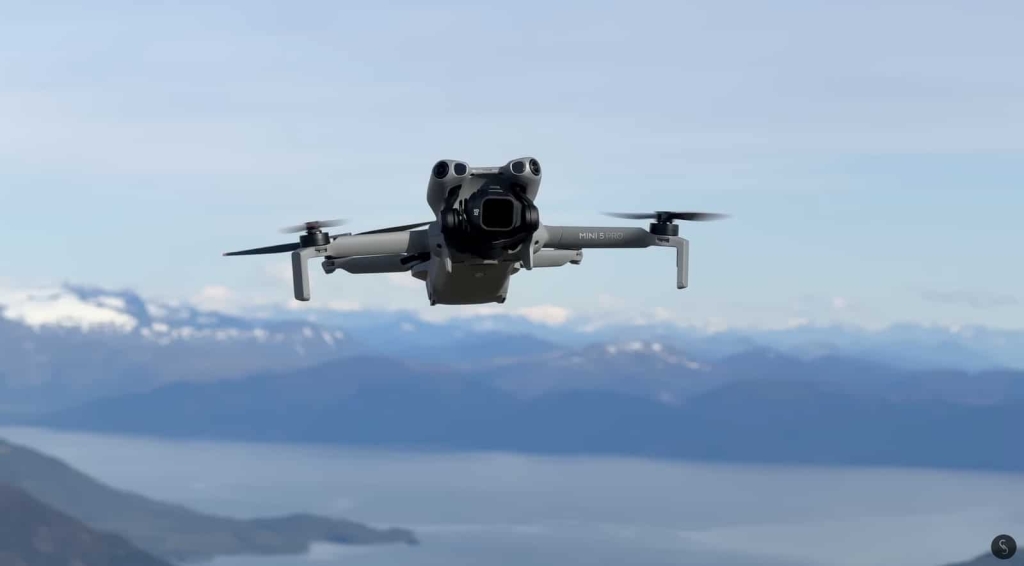Wisconsin Proposes Law Letting Police Shoot Down Drones Despite Federal Ban

Wisconsin lawmakers are circulating legislation that would authorize police to shoot down drones they deem threats to public safety—a move that directly contradicts federal law making it a felony to destroy any aircraft, including drones.
The bill, coauthored by Rep. Chuck Wichgers (R-Muskego) and Sen. Julian Bradley (R-New Berlin), would grant law enforcement unprecedented authority to “intercept, disable or destroy” drones if officers “reasonably suspect it poses an imminent threat to public safety,” according to a co-sponsorship memo circulating among Wisconsin legislators.
The Federal Preemption Problem
Here’s the legal contradiction at the heart of this proposal: Federal law under 18 U.S.C. § 32 classifies drones as aircraft and makes willfully damaging or destroying them a federal felony punishable by up to 20 years in prison. The Federal Aviation Administration maintains exclusive jurisdiction over all airspace and aircraft operations under the FAA Modernization and Reform Act of 2012.
“Currently, people cannot shoot down drones in Wisconsin, or any state for that matter, and doing so could result in a civil penalty from the FAA and/or criminal charges from federal, state or local law enforcement, according to the Federal Aviation Administration,” the Milwaukee Journal Sentinel reported Monday. “While local law enforcement can respond to and enforce local laws related to drone usage, they are unable to physically remove a drones flying unsafely from the sky.”
The FAA’s 2023 Fact Sheet on state and local drone regulation explicitly states that:
“Congress has provided the FAA with exclusive authority to regulate aviation safety, the efficiency of the navigable airspace, and air traffic control, among other things. State and local governments are not permitted to regulate any type of aircraft operations.”
What The Wisconsin Bill Would Do
Beyond authorizing drone destruction, the proposed legislation would significantly increase penalties for weaponized drones near correctional facilities. Currently, flying an unauthorized drone over a Wisconsin correctional institution carries a $5,000 fine. Under the new bill, operating a weaponized drone—defined as one equipped with a taser firearm, flamethrower, chemical or explosive device—over such facilities would become a Class H felony carrying up to six years in prison.
The legislation also includes a controversial liability shield: law enforcement agencies and individual officers would face no financial responsibility for damage to or loss of drones they destroy.
The co-sponsorship memo justifies the measure by arguing:
“Its essential to update state statutes to better protect the security and privacy of Wisconsinites as drone technology becomes more advanced and continues to increase in prevalence.”
Louisiana Blazed This Legally Questionable Trail
Wisconsin isn’t pioneering this approach—Louisiana already took the plunge. In June 2025, Governor Jeff Landry signed the “We Will Act” Act, making Louisiana the first state to grant local law enforcement authority to intercept and disable drones posing public safety threats. That law took effect August 1, 2025.
Louisiana’s legislation authorizes “specially trained officers” to use “kinetic and non-kinetic technologies to neutralize unmanned aerial systems” near high-risk areas including schools, public events, prisons, and critical infrastructure. Violations carry fines up to $5,000, up to one year in jail, and mandatory drone forfeiture.
Crucially, Louisiana’s law uses language like “neutralize,” “intercept,” and “disable” rather than explicitly authorizing shooting down drones.
One Louisiana official clarified that “the new law does not explicitly authorize the shooting down of drones but does provide the use of discretion for law enforcement to mitigate unlawful drones, provided those measures are safe to life and property,” according to the Louisiana Illuminator.
Despite being on the books for three months, Louisiana’s law hasn’t faced legal challenges yet. But legal experts widely expect federal preemption arguments to prevail if tested in court.

The Broader State vs. Federal Drone Battle
Wisconsin and Louisiana represent the sharp edge of a broader tension between state authority and federal aviation law. Multiple states have attempted to assert control over low-altitude airspace in recent years, with mixed results.
Arizona proposed legislation earlier this year that would grant police authority to intercept drones suspected of drug trafficking within 30 miles of the Mexican border. Florida advanced Senate Bill 1422 allowing property owners to use “reasonable force” against surveillance drones below 500 feet. Connecticut passed laws restricting drone flights near harbors and infrastructure.
All face the same fundamental obstacle: the FAA’s exclusive authority over navigable airspace, which extends from the ground up. As legal scholars have documented, federal preemption doctrine prevents states from regulating aircraft operations, flight paths, or altitudes—the core functions Louisiana and Wisconsin’s laws attempt to control.
Even Senator Mike Lee’s Drone Integration and Zoning Act (S.1249), which would transfer authority over airspace below 200 feet to state and local governments, remains stalled in Congress. Without explicit Congressional authorization changing the federal framework, state laws authorizing drone destruction remain on shaky legal ground.
Wisconsin’s Mixed Drone Record
Wisconsin law enforcement has generally embraced drones as valuable public safety tools rather than threats. The Manitowoc County Sheriff’s Office launched a successful drone program in 2022 with 13 FAA-certified pilots, dramatically improving response capabilities in rural areas. The Beaver Dam Police Department used thermal drones to locate a fleeing suspect in October 2024 in less than a minute. Wisconsin Rapids police located a missing woman in March 2025 using donated drone technology.
These success stories highlight the technology’s life-saving potential—making the rush to authorize drone destruction all the more puzzling to industry advocates.
Wisconsin already has reasonable drone regulations on the books. State law prohibits weaponized drones, requires law enforcement to obtain search warrants before using drones for evidence gathering, and makes it a Class A misdemeanor to use drones to photograph people where they have a reasonable expectation of privacy.
DroneXL’s Take
Wisconsin lawmakers are attempting to solve a legitimate problem—rogue drones near sensitive locations—with a solution that’s almost certainly illegal under federal law. This isn’t speculation; it’s settled aviation law going back decades.
The FAA doesn’t just regulate airspace for bureaucratic reasons. Centralized authority prevents the “patchwork quilt” of conflicting state regulations that former FAA Administrator Michael Huerta warned would cripple the drone industry. Imagine flying from Milwaukee to Madison and crossing through jurisdictions with different altitude limits, different no-fly zones, and different enforcement mechanisms. It’s unworkable.
More importantly, shooting firearms at flying objects over populated areas creates obvious public safety hazards. Bullets come down somewhere. Falling drones can injure bystanders. Louisiana at least recognized this by avoiding explicit “shooting down” language and requiring that mitigation methods be “safe to life and property.”
We’ve covered the federal preemption issue extensively—from Connecticut’s unenforceable harbor restrictions to Montgomery County, New York’s building ban to Florida’s property rights overreach. Every legal analysis reaches the same conclusion: states lack authority to regulate aircraft operations in airspace. Period.
As we explained when the FAA updated its fact sheet in 2023, Congress has vested the FAA with exclusive authority over aviation safety and airspace efficiency. Attempts by state and local governments to regulate in those fields face field preemption. That’s not our opinion—that’s established constitutional law.
If Wisconsin actually wants to address drone threats near prisons, schools, and critical infrastructure, there’s a legal path: work with federal authorities. The 2018 Preventing Emerging Threats Act granted the Department of Justice and Department of Homeland Security counter-drone authority. Congress is considering legislation to extend similar powers to state and local agencies through proper federal channels.
Arizona’s proposed border drone bill at least attempted to work within a framework that might survive preemption challenges by focusing on a specific federal interest (border security). Senator Lee’s airspace control bill would actually change federal law to enable state authority below 200 feet—though we have serious concerns about that approach too.
But unilaterally authorizing police to shoot down drones? That’s not bold leadership—it’s legislative theater that will cost Wisconsin taxpayers legal fees when this inevitably gets challenged in federal court. And if an officer actually destroys a drone under this law, they could face federal prosecution regardless of what state law says.
The irony here is rich: Wisconsin’s law enforcement has shown how to use drones right. Manitowoc County’s program demonstrates the technology’s value for rural policing. Multiple Wisconsin agencies have used thermal drones to save lives in search-and-rescue operations. These positive applications dwarf the threat posed by occasional rogue drones.
Louisiana set a questionable precedent. Wisconsin shouldn’t follow it off the legal cliff.
What do you think? Share your thoughts in the comments below.
